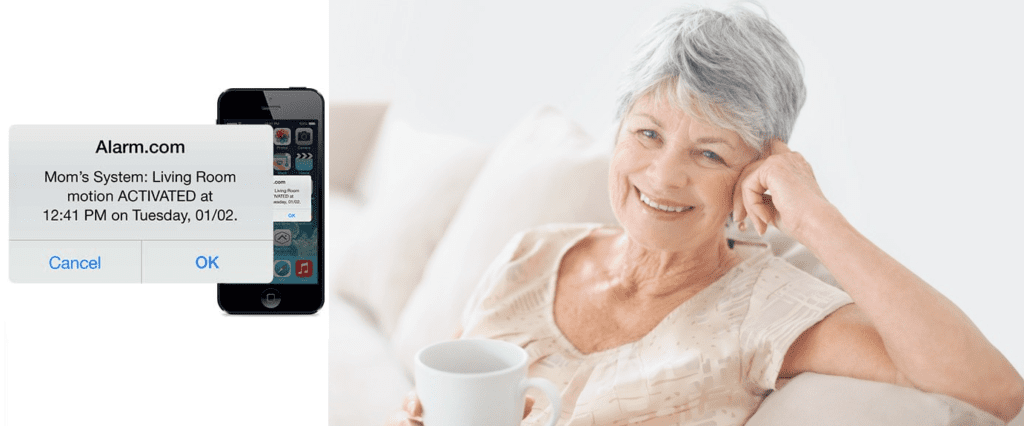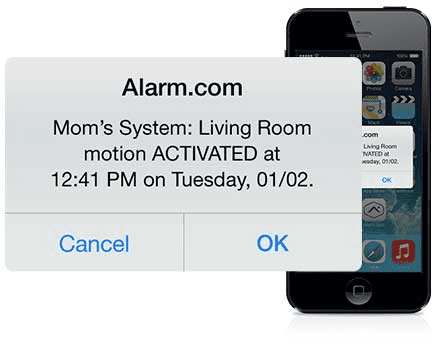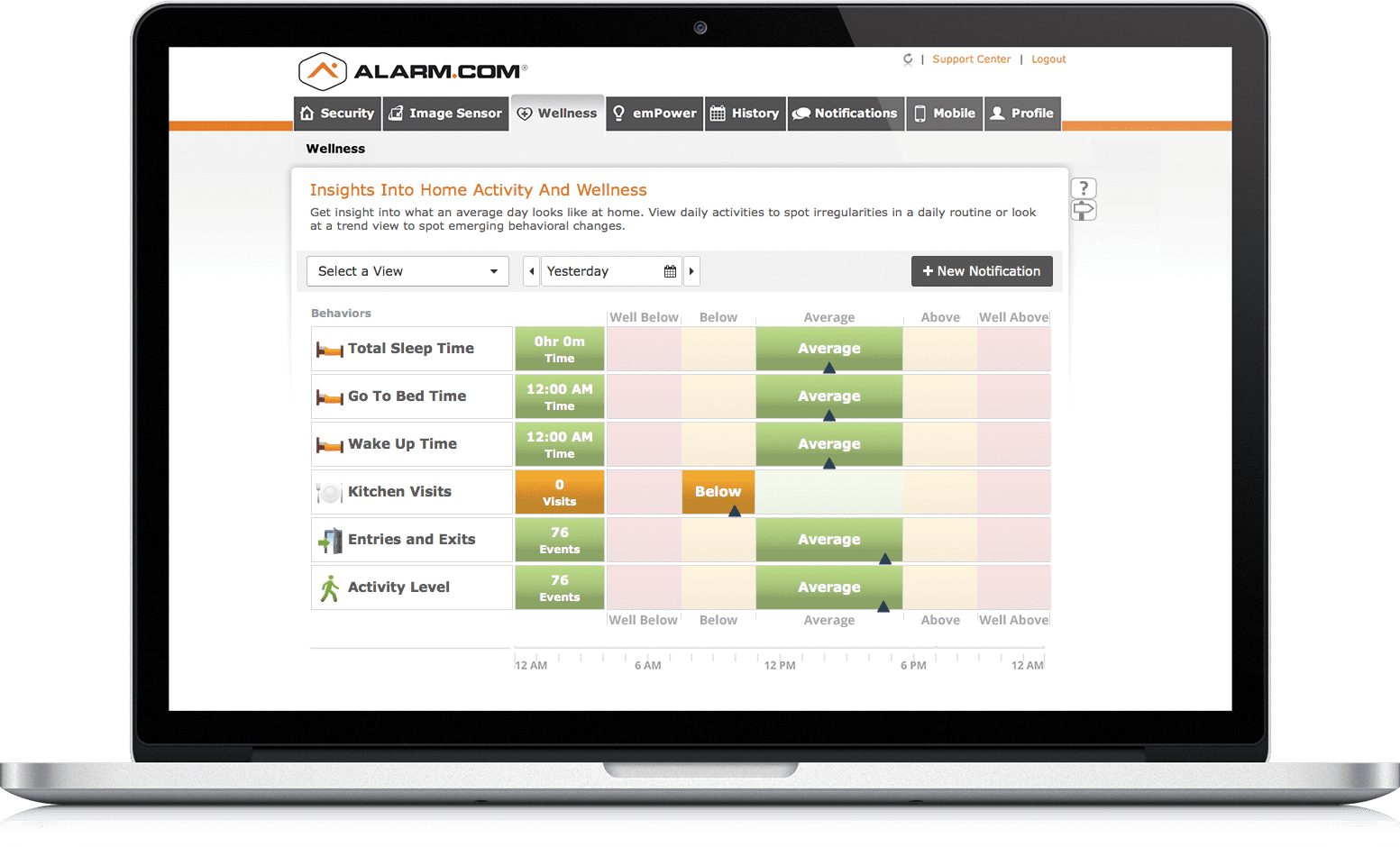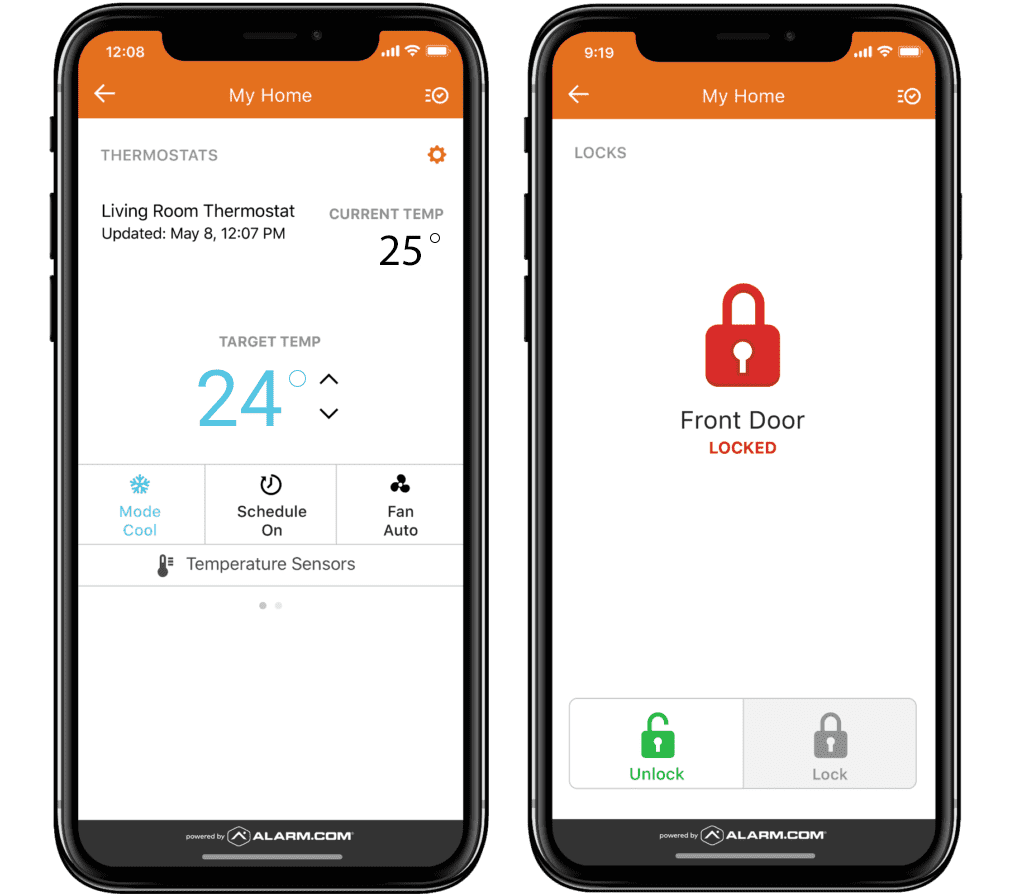Comprehensive Guide to Smart Home Technology for Senior Care and Independence

Life becomes extremely busy for Edmonton families caring for aging parents and managing home security systems. You sometimes find yourself torn in multiple directions and wish you could be in two places at once. Smart home security enables you to stay more connected than ever while you are out and about. Smart home technology has helped homeowners for years, and it now helps sons, daughters and grandchildren stay connected to aging loved ones who live independently.
Smart home Wellness Solutions monitor aging loved ones through connected devices. The system sends proactive notifications when unusual activity patterns are detected. The system sends text alerts for several situations. These include unopened doors during meal delivery, unopened pill drawers at bedtime, and lack of activity by specified times. You can then follow up to ensure everything is OK.

An easy-to-use dashboard allows you to check in anytime and understand whether activity levels remain within normal range.

Automation options such as door locks, thermostats and garage doors enable you to set up rules and scenes that keep a loved one safe and comfortable. Small actions like ensuring the front door locks each night or remotely adjusting the temperature help everyone sleep better.

Smart home technology may seem intimidating to some, but a Wellness Solution runs in the background and requires no input or maintenance by the homeowner. The system collects all information passively and creates alerts only when needed. A smart home system doesn’t require your loved one to wear or trigger a specific device to call for help, unlike traditional PERS (personal emergency response systems). Wearable devices can be forgotten in another room and aren’t always worn, which renders them useless in emergencies. The system constantly checks in, and you won’t miss important events, which provides significant peace of mind.
Smart home technology may provide the helping hand you seek if you worry about a loved one or don’t see them as often as you would like.
Voice-Activated Assistants Enhance Senior Independence
Voice-activated assistants provide a user-friendly interface for seniors. These devices set medication reminders, make calls, and control smart home devices. Voice assistants answer questions about the weather, news, and general information. Seniors use voice commands to control smart lighting and appliances without physical effort.
Smart Medication Dispensers Ensure Accurate Dosage Management
Smart medication dispensers help seniors manage complex medication schedules. These devices dispense the correct pills at programmed specific times. Some dispensers send alerts to caregivers when seniors miss medications. Advanced models automatically reorder prescriptions when supplies run low.
Fall Detection and Emergency Response Systems Save Lives
Fall detection systems use advanced sensors to identify potential falls. These devices automatically alert emergency services or designated contacts. Some systems integrate with smartphones for GPS tracking outside the home. Fall detection technology provides quick response times in medical emergencies and potentially saves lives.
Smart Home Security Cameras Enable Remote Monitoring
Security cameras allow family members to check on seniors visually. Advanced home security cameras provide two-way audio for easy communication. Motion-activated cameras send alerts when they detect unusual activity. Proper camera placement ensures privacy while maintaining safety.
Smart Appliances Create Safer and More Convenient Living
Smart stoves automatically shut off when left unattended for too long. Smart refrigerators monitor food expiration dates and create shopping lists. Caregivers can control some appliances remotely. These smart devices enhance safety and convenience in the senior’s daily life.
Wearable Health Monitors Track Health Continuously
Wearable devices track vital signs like heart rate and blood pressure. Some monitors detect irregular heartbeats or sudden changes in health status. Healthcare providers can access data from these devices. Wearables provide peace of mind for both seniors and their caregivers.
Smart Lighting Systems Prevent Falls and Improve Comfort
Motion-activated lights illuminate pathways at night and reduce fall risks. Smart bulbs adjust color temperature to support natural sleep cycles. Automated lighting schedules simulate occupancy when seniors are away. These systems improve home safety and energy efficiency for seniors.
Virtual Reality Provides Cognitive Stimulation and Social Interaction
VR technology provides immersive experiences for homebound seniors. Virtual tours help seniors explore new places from home. VR games offer cognitive stimulation and memory exercises. Some platforms enable virtual social gatherings and reduce isolation.